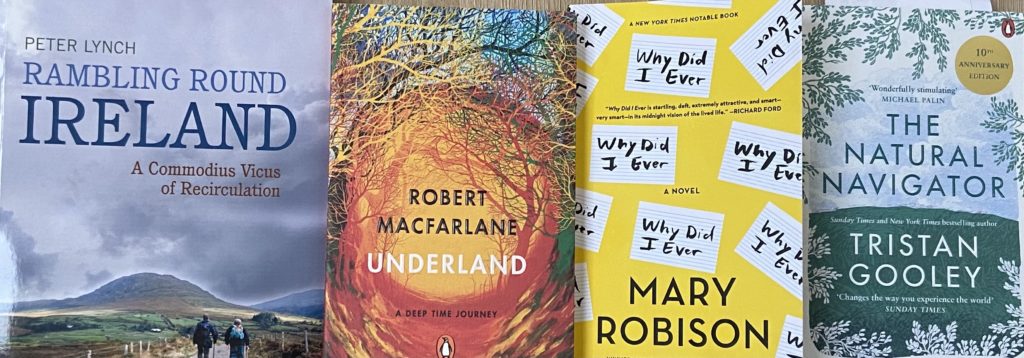I was much taken as a teenager by Ayn Rand’s book The Fountainhead. I was at an age of searching for the self I might become by finding what I couldn’t see of myself in the words of others. And Howard Roark came into my life at that nexus. I thought I wanted to be able to say that ‘I recognise no obligations toward men except one: to respect their freedom and to take no part in a slave society.’

But I was misguided and very badly misguided by Rand. I was less misguided by JRR Tolkien because I knew that to be fantasy. Rand was somehow considered philosophical. Her philosophy was labelled ‘objectivism’.
I could see how a ‘creator lives for his work. He needs no other men. His primary goal is within himself. The parasite lives second-hand. He needs others.’
What my teenage self lacked was the context in which to frame the famous speech by the Howard Roark character. I’d just been sprung from a hideous seven year detention in a boarding school run by a hypocritical and insalubrious religious order. On leaving, I realised I had escaped to a place I longed to be, only to be disappointed that reality did not meet expectation. Disappointed, I was drawn towards nihilist and revolutionary writings.
Camus made sense to me. Kafka was easy to understand. Dostoevsky might have been right. Or so it seemed at the time. Rand was trying to convince me that self-interest was ideal and that altruism was dangerous. But I didn’t get it. I embraced the idea that I should respect the freedom of others and reject slavery but I couldn’t see the the extension of her ideas to society at large.
That’s because I first read Rand in a creative phase of my life. I spent a lot of time among architects (like Roark) and artists in part because I was then and am now drawn to creatives. I enjoy the way they think. I believe I still aspire to think like them.
I was the ideal for a Rand conversion. I loathed school because of the principals and principles that ran it. I needed to ditch the religious and boundary controls that prevented my own pursuit of the things I thought to be significant. The 1968 movie If was a big hit with many of my schoolmates.
I was lucky. Atlas Shrugged was the next book I read. The principal characters shut down the world and they did it because they could. And in reading it, I was freed of ‘objectivism’.
And then I saw it first hand at one of my employers. It was renamed contrarianism, proudly embraced by senior management only to become a mask for gross bullying and flagrant self-interest. Oddly, it had worked when the company was small and run in dictatorial fashion. Success brought scale and in turn, that scale attracted self-centred bullies who lacked the insight to see and promote good ideas.
Rand’s objectivism persisted to such an extent that Sears adopted the ideas in 2009 and they filed for bankruptcy in 2018.
I wrote about altruism and xenophobia a few days ago in Shambles where I asked ‘How does a progressive society mitigate xenophobia and tyranny such that altruism and cooperation can flourish?’
All I know is that if removing all referees from sport events seems like a bad idea, perhaps unfettered self-interest would be all the worse because it’s not just the players that get hurt in pursuit of business wins.

Leave a Reply